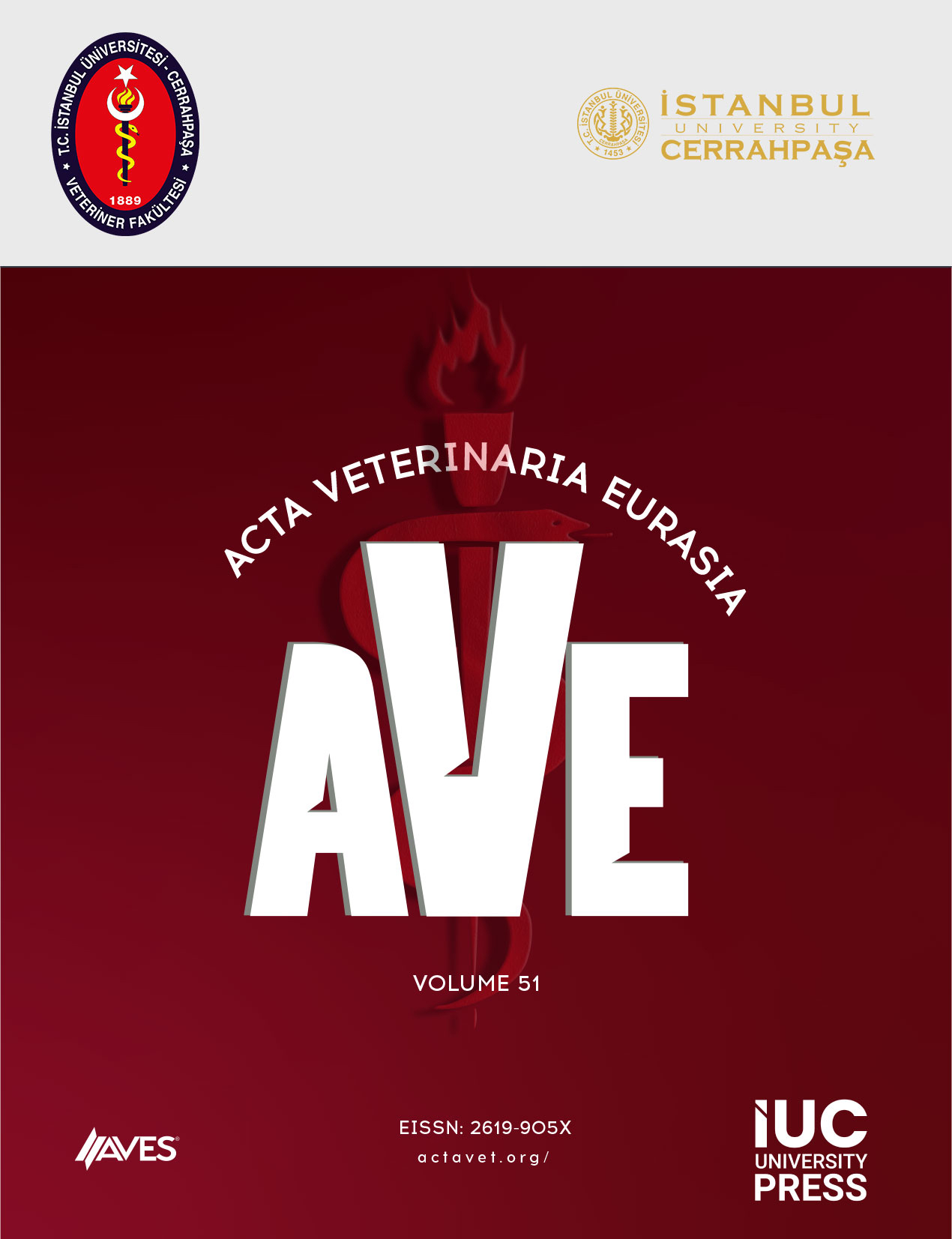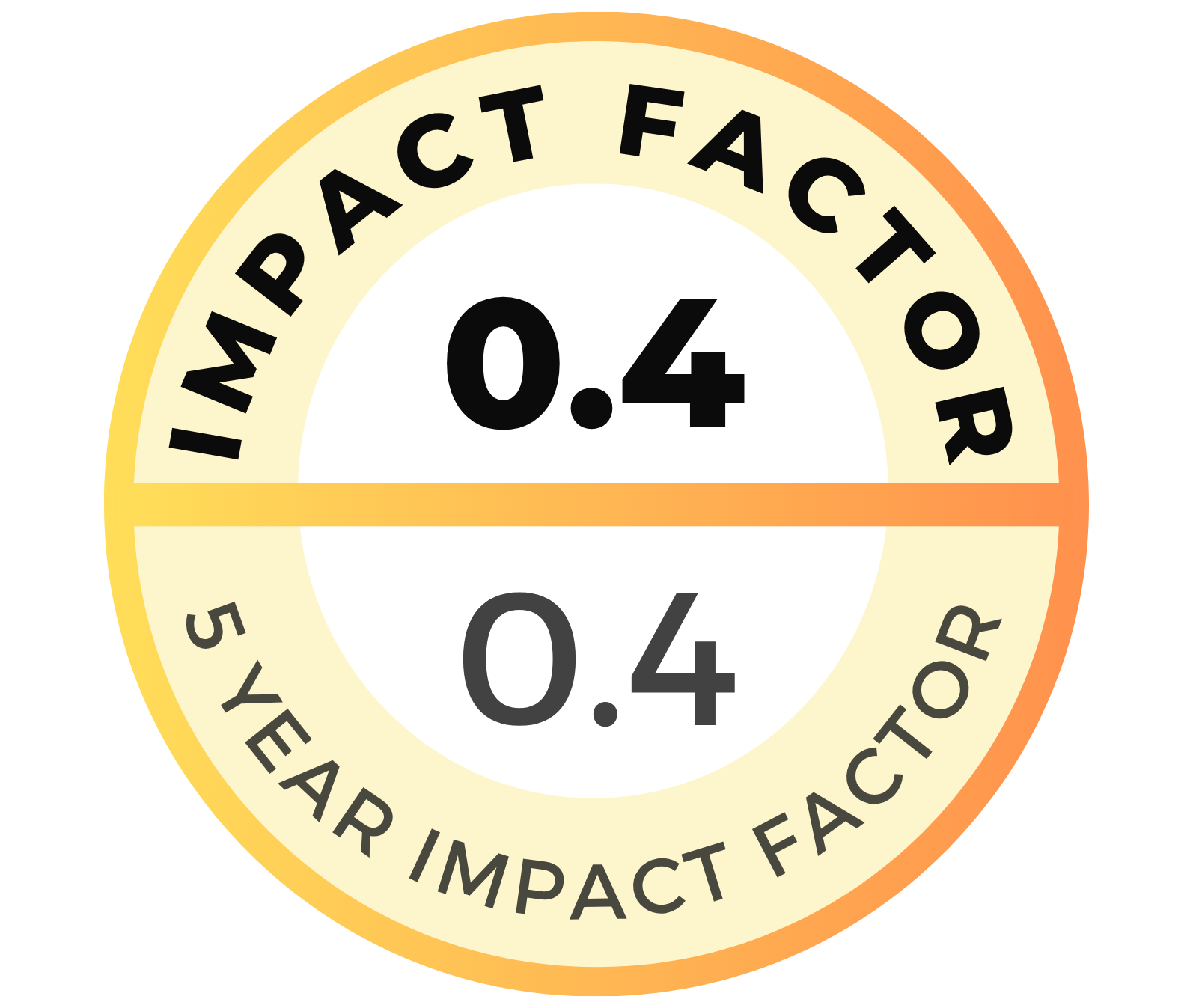The object of study was the influence of the nervous system type (temperament) of dogs from the German Dogue, Doberman, and Riesenschnautzer breeds on the extent of their socialization (adaptation to the environment). Two tests were used to examine the animals' behavior: the mirror test and the Queinnec test. It was established that puppies of the German Dogue breed possessed the highest socializing capabilities, followed by the Riesenschnautzer and Doberman breeds. This means that the representatives of the German Dogue breed would require the least amount of training time in order to form specific behavior. The Riesenschnautzer exhibited average ability to socialize, and will adapt to the environment more easily than the Doberman breed and with more hardship than the German Dogue. The puppies that would be hardest to train were the ones from the Doberman breed, as they are most prone to aggression and ill temper.





.png)